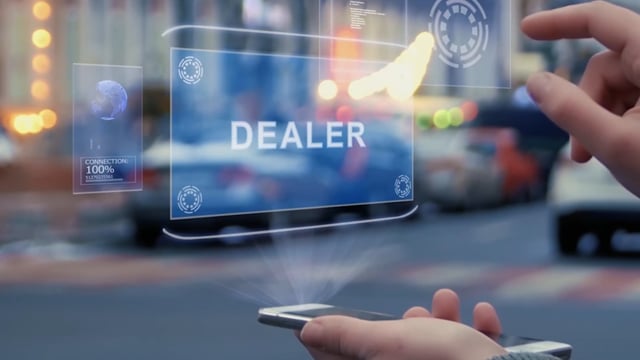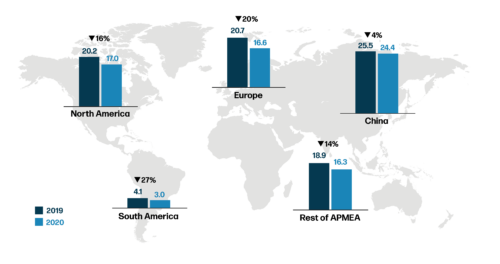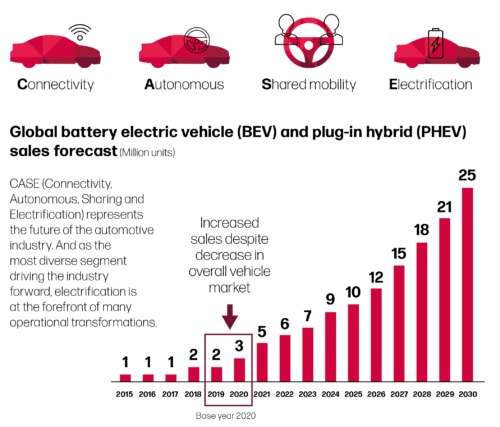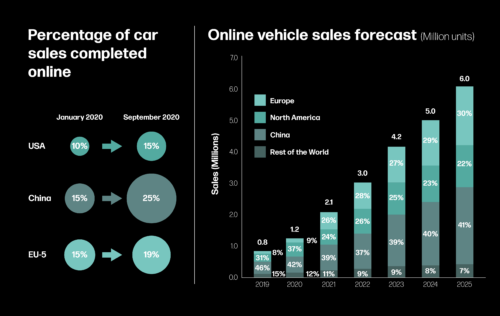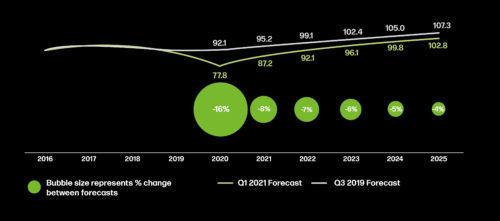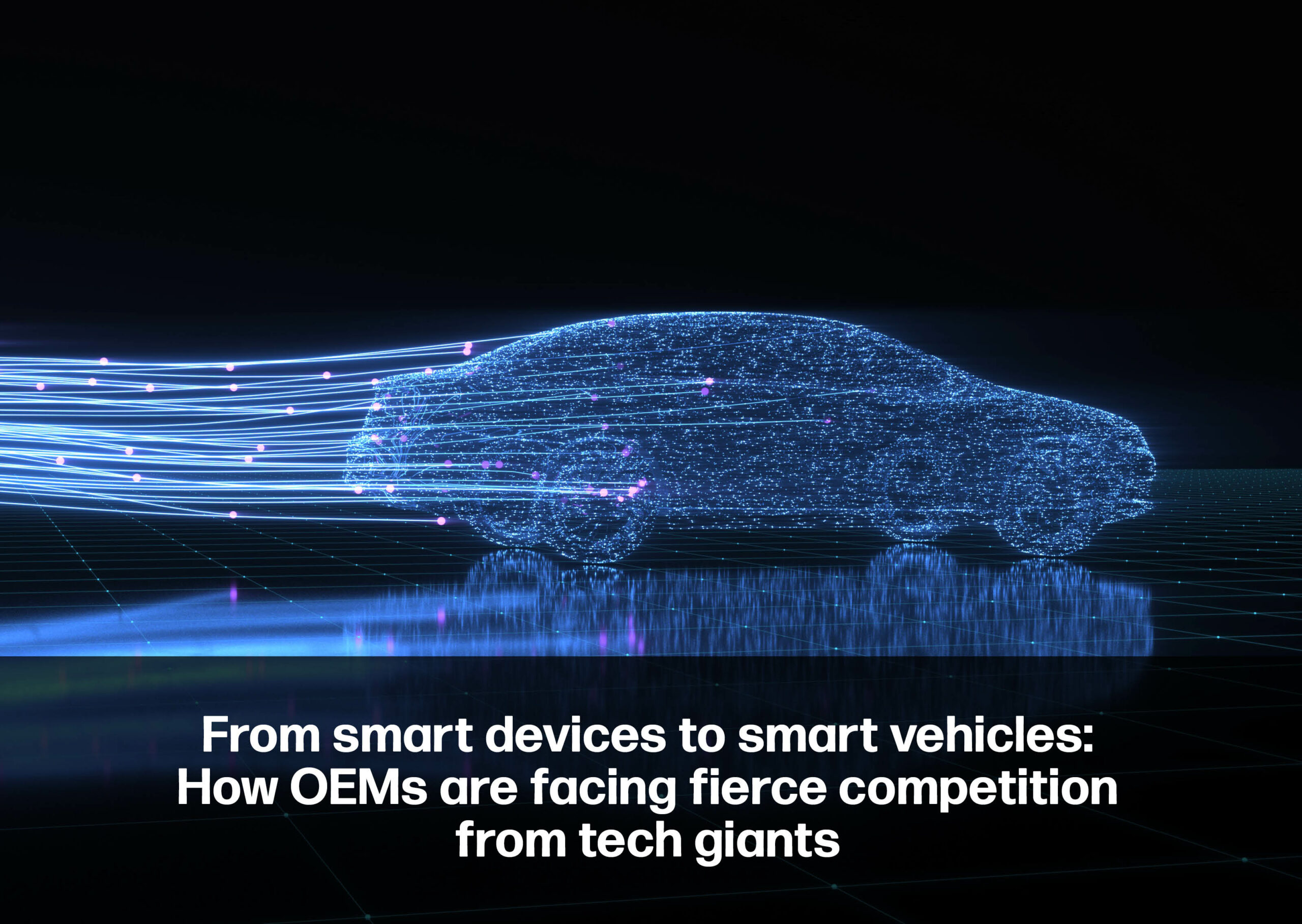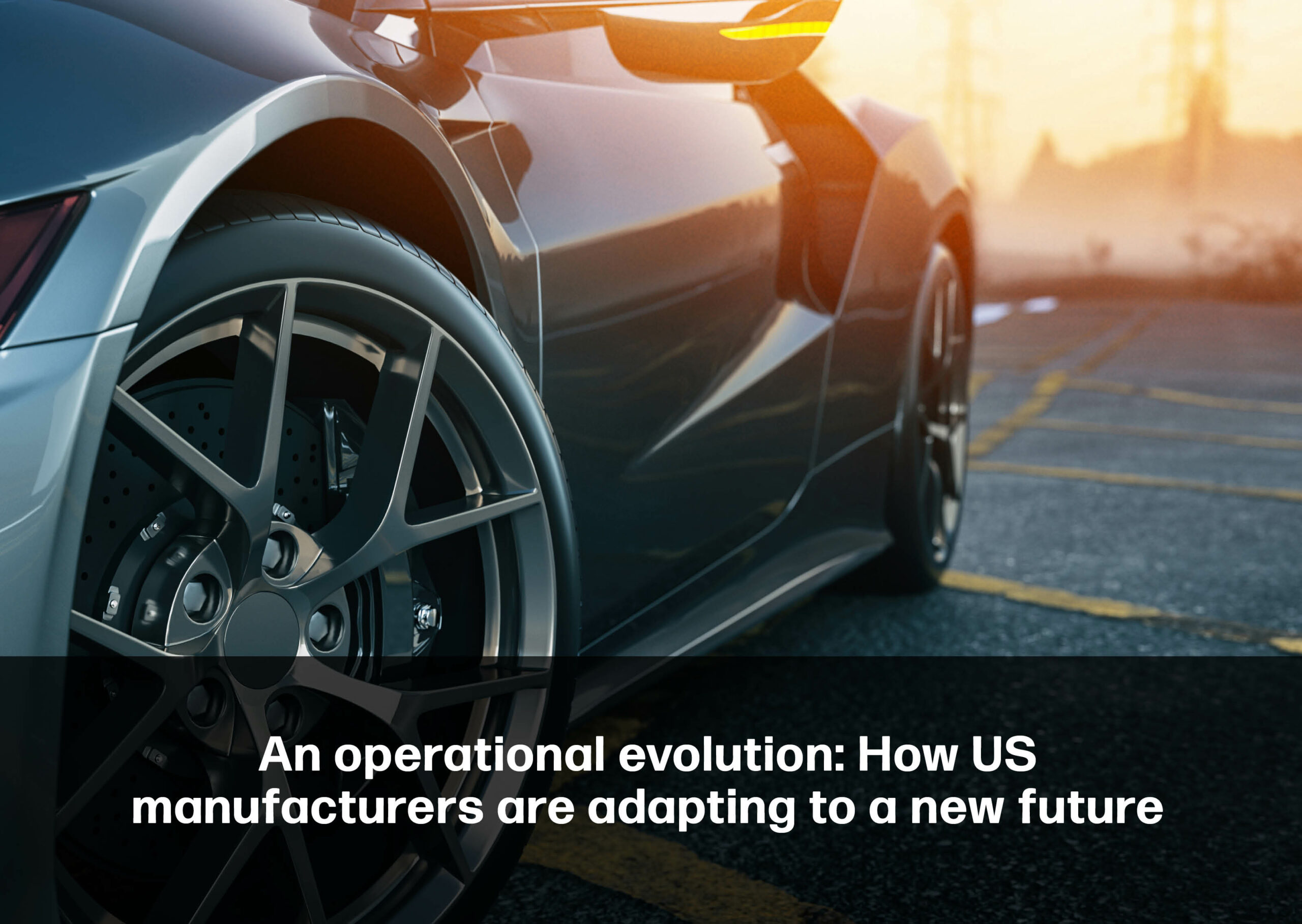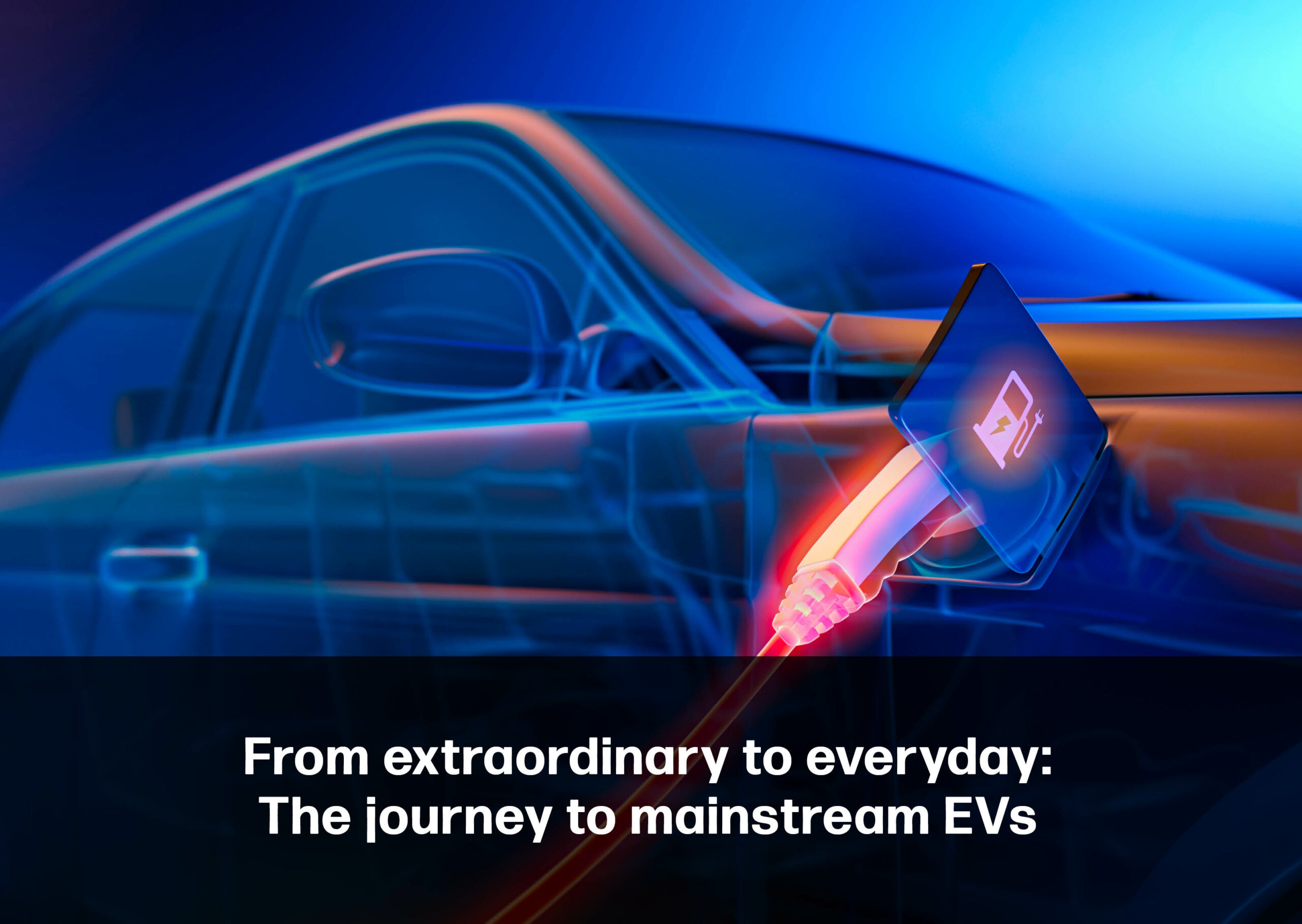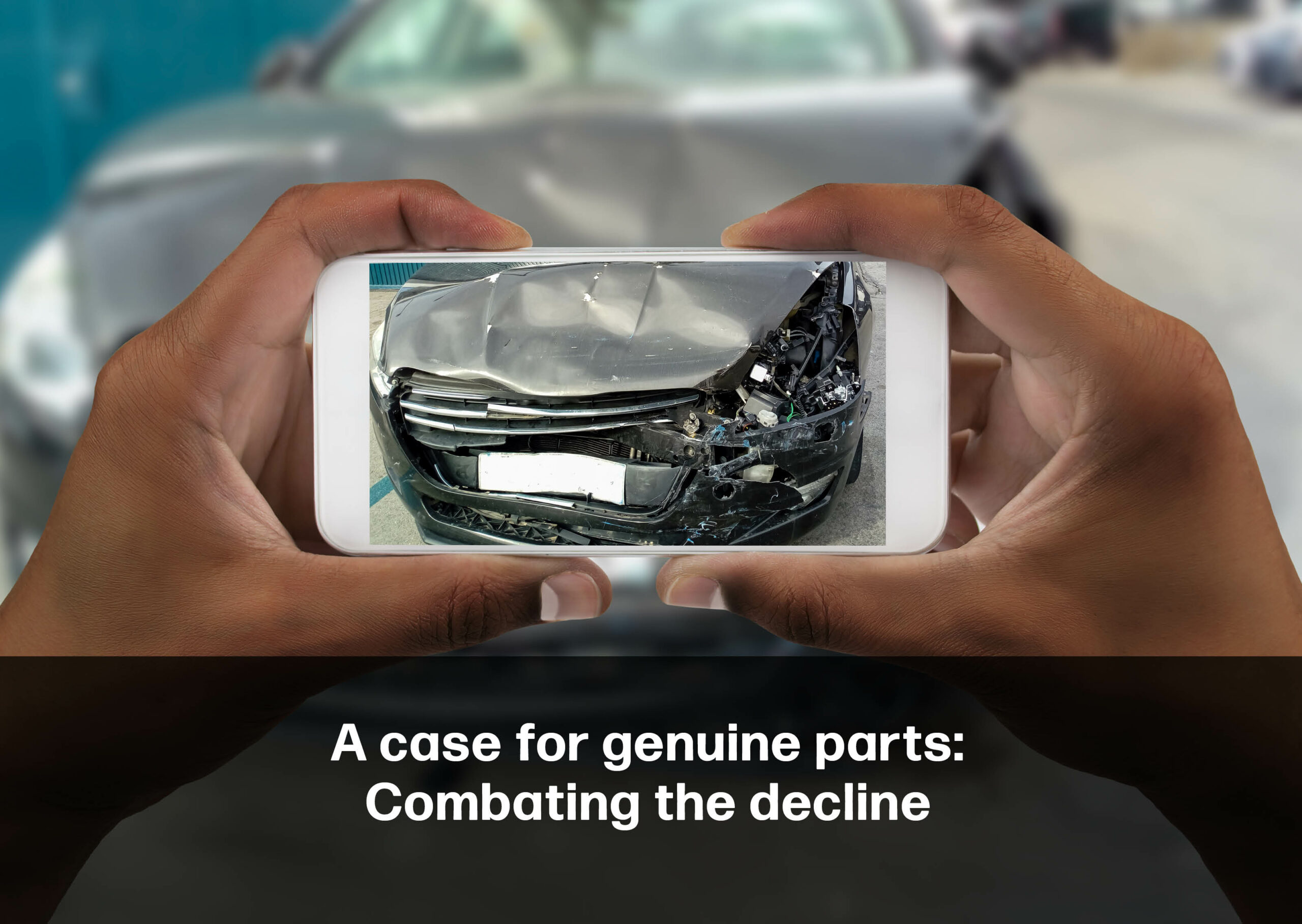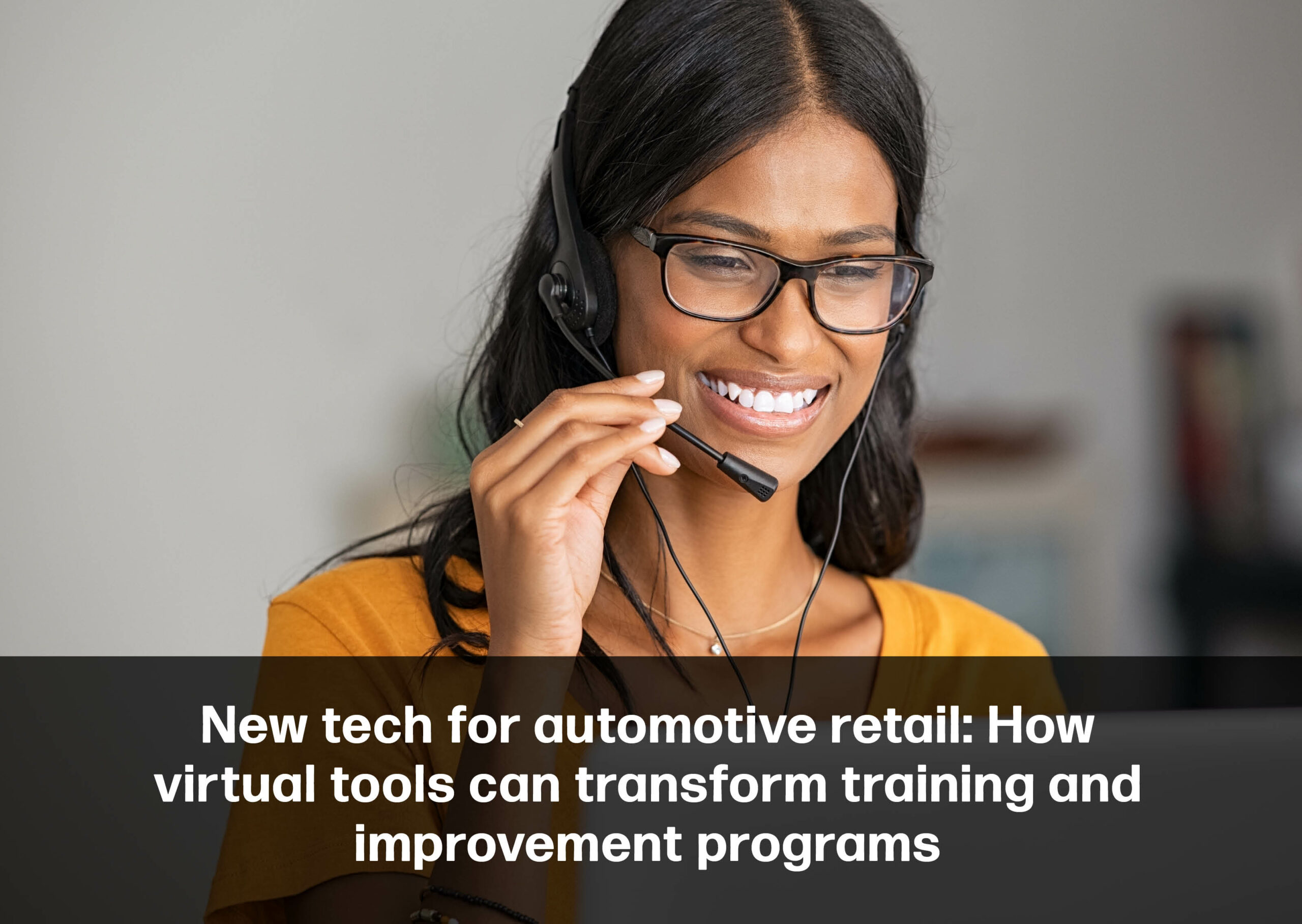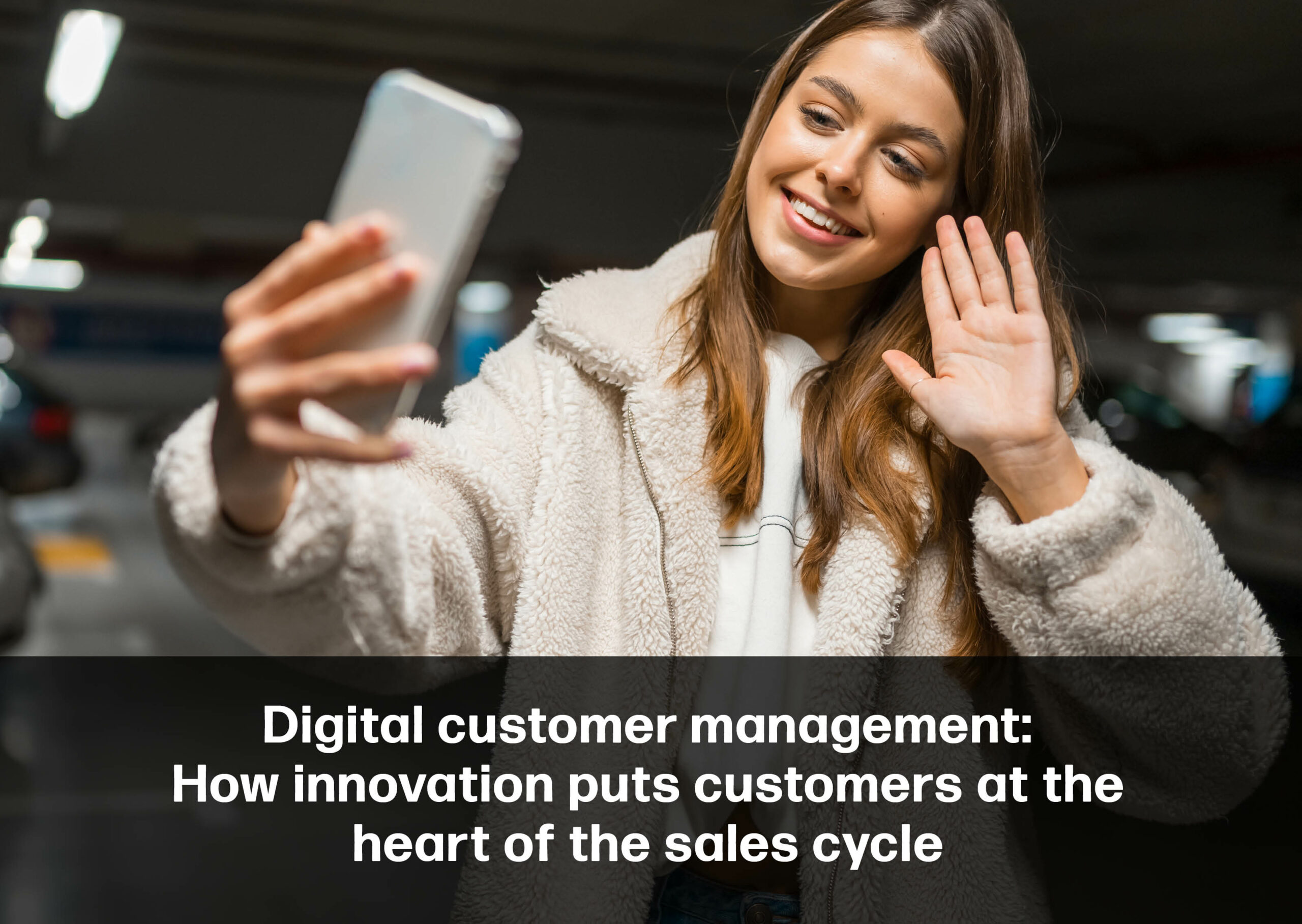Table of contents
Editorials
Articles
From smart devices to smart vehicles: How OEMs are facing fierce competition from tech giants
An operational evolution: How US manufacturers are adapting to a new future
From extraordinary to everyday: The journey to mainstream EVs
Sales and service transformation: Industry changes across the globe
Insight and automation: How data is transforming the automotive industry
A case for genuine parts: Combating the decline in collision repair revenue
New tech for automotive retail: How virtual tools can transform training and improvement programs
From Brexit to COVID-19: How is the UK automotive industry adapting?
Digital customer management: How innovation puts customers at the heart of the sales cycle
From a new reality to a faster future: Navigating the rapid road to digitalization
The automotive industry in Brazil: Opportunities for a key market in 2021 and beyond
Podcasts
Stay updated. Be informed.
Sign up to receive our latest editions of the Global Benchmarker, containing industry insights on the latest automotive megatrends.

Patrick Katenkamp
CEO
In the year since the global pandemic intensified the need for automotive digitalization, the continued uncertainty has taken its toll on businesses less prepared for change. While OEMs have fought their way through the implementation of online retail and remote services, the consumer has stepped seamlessly into a wholly digital world with barely a backward glance.
Source: MSX Analysis
LMC Automotive, Global Light Vehicle Sales Forecast, Q1 2021; Frost & Sullivan; Roland Berger Automotive Disruption Radar online survey; LMC Automotive, Global Light Vehicle Sales Forecast, Q3 2019 and Q1 2021; Frost & Sullivan

Pieter van Rosmalen
Chief Strategy Officer
The digital transformation of the automotive industry has given tech companies a wide range of opportunities to develop lucrative new investments. Before COVID-19, tech organizations were already developing and selling tools and services for connected and autonomous vehicles. But in this new reality, where the consumer need for online services and automation has increased significantly, OEMs are starting to face more intense competition from tech giants.

David Graff
Global VP, Sales and Marketing
The United States is witnessing an acceleration in electric vehicle (EV) adoption in 2021, driven by an influx of new models and an increase in positive consumer attitudes towards alternative powertrains. Studies predict that EVs will account for a higher proportion of vehicles sold this year. Until recently, EV adoption has trailed behind some markets such as Europe and China. Long driving distances and cheap fuel have meant US consumers have been more reluctant to make the transition. Range anxiety and expense have also been legitimate concerns, and delays in infrastructure have added to the US market’s unease around the adoption of EVs.

Rob van Rijswijk
Vice President of Business Development and Strategy
Amidst a digital revolution, the popularity of electric vehicles (EVs) has grown significantly, propelled by environmental concerns and technological advances. But as the industry begins adapting its vehicles in response to customer concerns, are businesses ready for the inevitable wave of demand?

Anne Havekost
Global Project Manager

Dirk Bott
Vice President, Global Sales Operation

Shawn Coyle
VP and Global Account Executive

Eric Menoret
Vice President and Global Account Executive

Xavier Vandame
Vice President, Sales – Asia Pacific, Middle East and Africa
In 2018 and 2019, the automotive industry was hit by a decline in economic activity. New and digital competitors, and dramatic changes to consumer preferences and behaviors added to the pressure. In early 2020, the COVID-19 pandemic caused sales to plummet to historic lows, accelerating the automotive industry’s need to reinvent itself further.

Mikael Wepsalainen
Global Director, Warranty and Technical Products
As automotive businesses find their way in a newly digitalized industry, they are still learning how to best use the abundance of data their systems and vehicles capture every minute of the day. According to Forbes, some of the largest automotive manufacturers have more than 10 million vehicles’ worth of data sitting in repositories. This intelligence has the potential to help organizations develop valuable new opportunities. But to be truly beneficial, it relies on manufacturers to be proactive in its use, by gaining insight into customer needs and resolving issues before they occur.

Andrew Mills
Director, Parts and Service
The global pandemic has left the collision repair industry with diminished repair volumes, and increased cost pressure from insurers has led to insolvency and network consolidation. In a recent MSX podcast, automotive experts discussed the collision repair industry outlook and how OEMs can address the downward trend in the use of genuine parts.
#msxpodcasts
Episode: A case for genuine parts: Combating the decline in collision repair revenue

Elvira Llorens
Managing Director, Iberia
New tech innovations are sweeping across the automotive industry, revolutionizing the way consumers buy and maintain vehicles. But these new technologies can also aid manufacturers’ internal processes, from training to consultancy and assessments.

Paul Dyer
UK Operations Director
The automotive industry is enduring one of the most turbulent periods in recent history, disrupted by digitalization, the emergence of autonomous, connected and electric vehicles (EVs), looming CO2 emissions deadlines and COVID-19. In this article, Paul Dyer, UK Operations Director, MSX International, discusses how the UK market is grappling with these challenges alongside the implications of the UK’s decision to leave the EU.

Philip Junge
Global Director, Customer Engagement
In a recent podcast, Philip Junge, Head of Customer Engagement at MSX International was joined by Stefanie Senger, Executive Director at Autohaus-Gruppe Senger, and Fredrik Johnsson, Chief Strategy Officer at Whisbi, to discuss the ways in which businesses can make better choices about the technologies they choose, the way they implement them and how they engage employees in digital processes to help win customer trust and encourage sales.
#msxpodcasts
Episode: Managing long distance relationships in automotive sales

Hannah Meler
Field Sales Representative

Marc Overkamp
Strategic Account Executive
Automotive businesses have adjusted their operations significantly over the last 12 months in response to the introduction of new digital tools, platforms and processes. In a recent MSX live broadcast, in-house experts, Philip Junge, Head of Customer Engagement, Hannah Meler, Field Sales Representative, and Marc Overkamp, Strategic Account Executive, examine a range of topics affecting the automotive industry, including the impact of the global pandemic on customer behaviors, and how dealerships are adapting. They also discuss the introduction of new technologies into the retail environment and aftersales processes, and how these digital tools will transform the customer experience.
#msxpodcasts
Episode: From a new reality to a faster future:
Navigating the rapid road to digitalization for automotive businesses

Marcus Romero
Operations Director for South America
Like any other market, Brazil has faced its fair share of challenges throughout the pandemic, and the country is still seeing increasing numbers of COVID-19 cases, deeply affecting economic activity. In this article, Marcus Romero, Operations Director for South America, MSX International, discusses how Brazil’s automotive industry is adapting to the crisis and strengthening opportunities for growth within the agricultural sector.
GLOBAL EDITION
Benchmarker
Thanks for reading our June 2021 issue!
Editorial Team
Publisher: Pieter van Rosmalen, Chief Product Officer, pvanrosmalen@msxi-euro.com
Chief Editor: Jochen Schultze
Copywriting: Caroline Wiseman, Marsha Moore
Layout and Design: Julia Müller
Research: Ana Santos, Jade Murrell
Published by MSX International
Previous Editions:


How will EVs shape our industry’s future?

Beyond Digital.
Forward Thinking Insights

(R)evolution of Retail:
Outlook 2025




